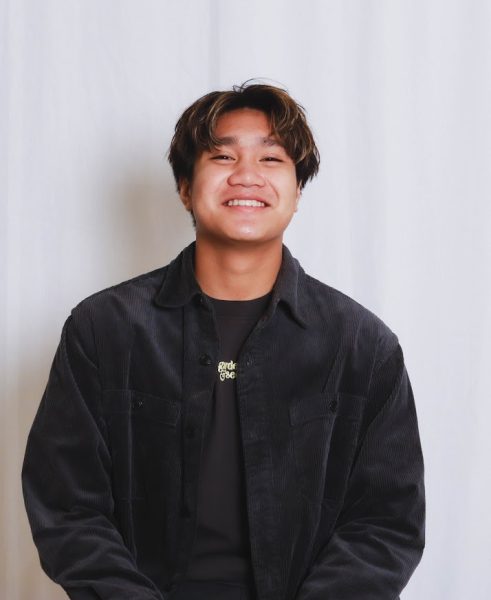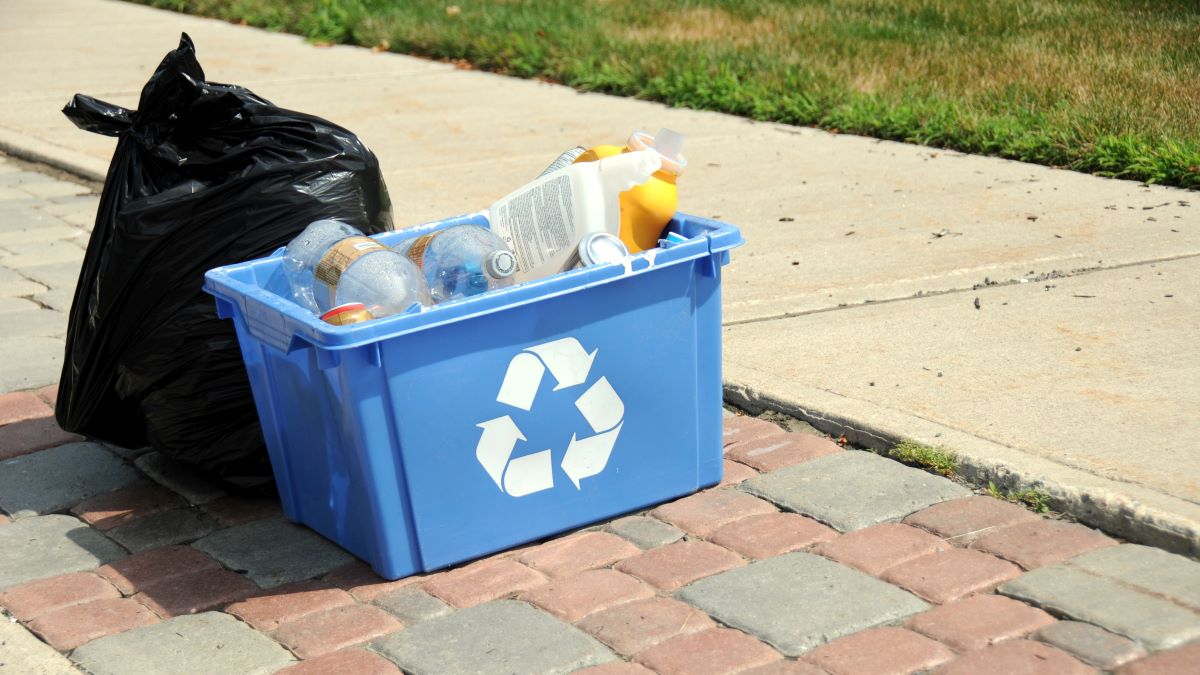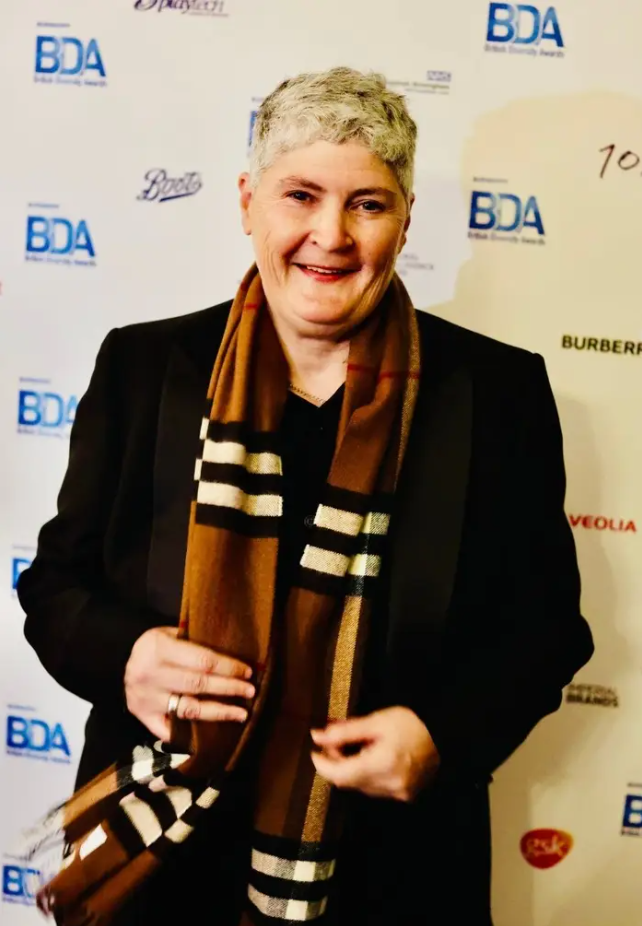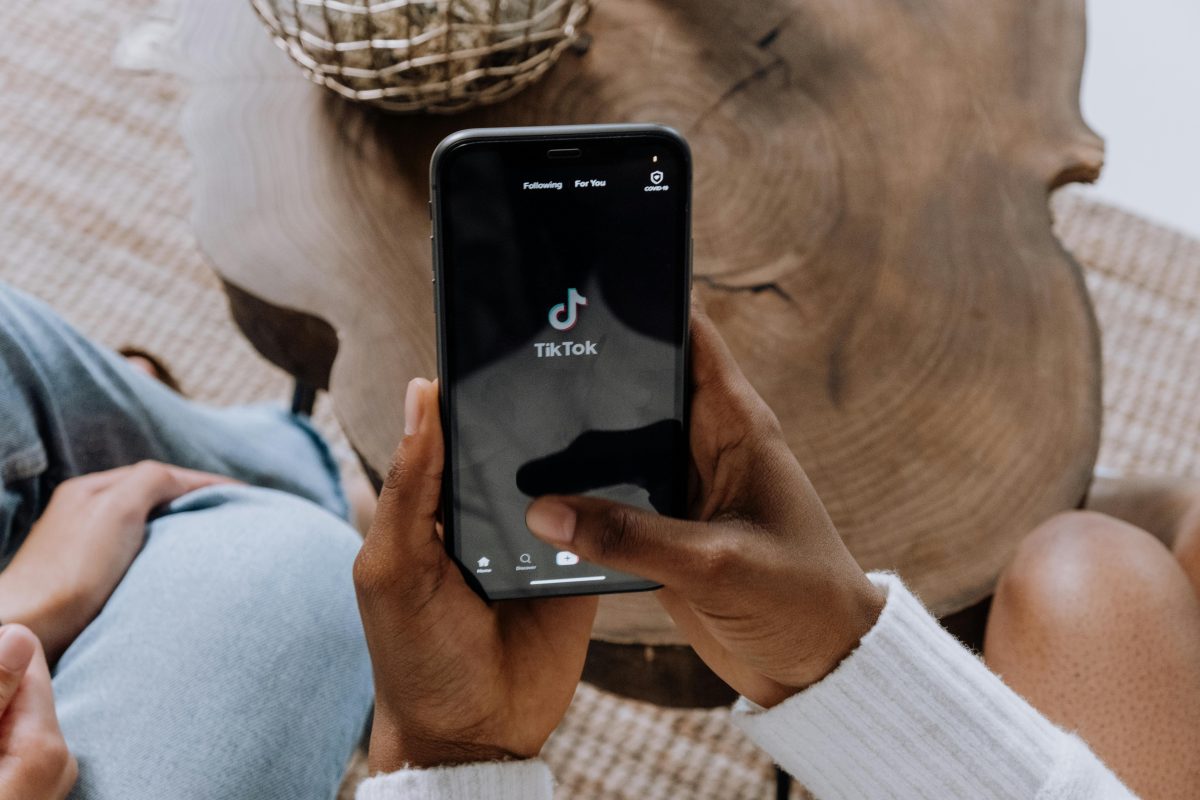Life after high school for students can be uncertain and, sometimes, even terrifying. Good advice is hard to come by. Our own family members have trouble telling us which way to go because they themselves have not even used the map you might be searching to find your future. Everyone seems to have ideas on how to succeed, but the best advice is often from someone who has taken the path you’re on, before you began the journey.
Jelean Juan attended high school at Atlantic County Institution of Technology. Following in the footsteps of her family by pursuing a career in the medical field. It all started with her looking into admissions of the Health Sciences academy at ACIT. The school that exists today is run very differently than when she went.
Chromebooks were not even a consideration when Jelean was walking ACIT hallways. She experienced classes a little differently than the students do today. The whole idea of A and B days didn’t exist back then. Instead it was more like the first half of the school year was an A day schedule and once the year was halfway through, you would switch to a B day schedule for the rest of the year. It would end up being each student solely focusing on four classes for the first half then a new four for the second half.
Jelean said that it was a huge advantage to take only four classes, instead of eight, because students could really concentrate on subjects. Another big difference was all the testing. Unlike how every test the students take today are all on their chromebooks, she experienced every test being taken on Scantron or paper. (A Scantron is a test scoring system with multiple-choice or fill in the bubble test that would then be scanned for the accuracy of each student’s answers.)
Communication is a big part of schools and everyday life today, since everything is done through technology. My sister speaks on how communication was handled before the standard technology ACIT has for every student and teacher. For her, it wasn’t terrible, and made communication between teachers and students easier at times. Things like deadlines were especially communicated from the teacher themself, not just text on a Chromebook screen or Google Classroom.
Some classes she took back then could be some of classes that many students take today with even the same teachers. My sister appreciated her advanced placement (AP) Literature class and her Honors English class. The teachers she had encouraged students to have the freedom of being creative in writing while utilizing critical/ skills on top of interpretation. One teacher that she loved was Dr. Keeper.
One of the main struggles she had to deal with was a lack of confidence which came to her over time. She blames things like the societal differences between her native culture of the Philippines to the American culture. She was able to build up a lot of her confidence and break through those societal differences by taking part in afterschool clubs including the science club, the cultural club, and the Girls volleyball team. She continues to play Volleyball today as a hobby.
Most students don’t make definite plans for after high school but almost every student has imagined a scenario of what they want to happen. The polling company YouScience found in a recent study that up to 75% of high school graduates are not ready to make college and career decisions. My sister had plans of finishing nursing and getting an associates degree. Then she would pursue a bachelor’s degree in the realm of science. Nursing was a main goal she had in her sights and she imagined it to be her source of income when she left high school immediately.
There were, of course, obstacles to those goals. College is expensive. The high costs put her main goal on hold for the time being; not forgotten though. She still has an uncertainty of what she wants to do now. There were other struggles she had to deal with after graduating. These included identity crisis, relationship problems, and financial problems. She’s still finding her way, and she’s leaving ribbons on the trees to help me find the way for when I reach that part of the trail.
Right now she has a job being a chemotherapist. She describes it as a hit or miss compared to her last job in a hospital. One positive her new job has now is that she is provided with a good work – life balance. However another problem she experiences is in her work life and dealing with patients she takes care of. With a job like hers, it’s easy to get attached when you see a patient everyday to the point she considers them a part of her family. Having to deal with something like cancer isn’t easy for anyone, and the people who help and comfort those who suffer from it need to be appreciated and admired. Especially if they have to deal with the death of one of their patients they worked so hard for.
The best advice she could provide was to “Always put yourself first, don’t get caught up in your parents, friends, or anyone else’s opinion of what you should be or what to become. To be authentically true to yourself above familiar relationships and the status quo to really achieve who you want to be.”
She hammers in the idea of staying on track to achieve what you want to do in life. Even if she hasn’t accomplished everything she wanted to, she still focuses on the goals she sets herself. That’s one of the main keys to being successful. She encourages the students today to be confident in themselves, continue to follow their goals even if it takes longer than expected, and to stay true to who you are. Don’t try to be someone another person wants you to be, be the person you want to be. Personally, I feel much better about the future, knowing that my sister has forged a road ahead of me and I look forward to the journey.







